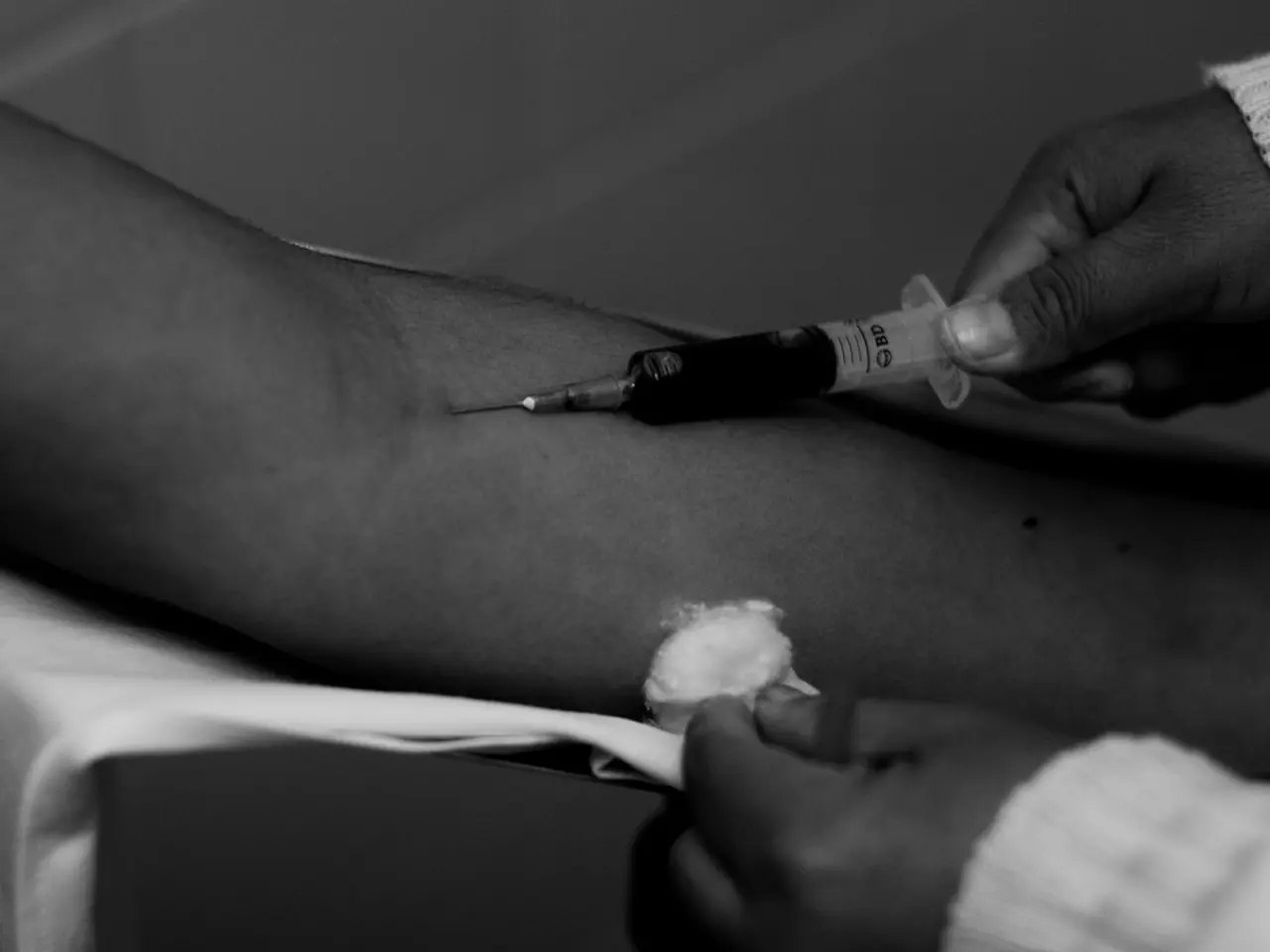Unveiling the Health Inequalities in Medical Care Based on Race
In the pursuit of being a beacon of democracy, the United States must confront its past and present issues related to racism, as Dr. Blount rightly pointed out. This is particularly true in the realm of healthcare, where Black Americans continue to face less quantity and quality of care.
One of the barriers preventing majority Black populations from participating in clinical trials is the lack of health insurance, distance from healthcare providers, and low-paying jobs. This exclusion from trials means that treatments and medications may not be developed with the unique needs of Black patients in mind, further widening the healthcare disparity.
Acknowledging the existence of structural and institutional racism and grappling with its consequences is crucial for meaningful change. The American Heart Association's GWTG-HF risk score, for example, assigns three more points to anyone identified as non-Black, putting Black patients at a disadvantage.
Unfortunately, racial bias in healthcare is not confined to such systemic issues. Black patients have reported pain medication discrimination, as was the case with Michael Cohen, a Black resident from Washington, D.C., during dental procedures.
However, there are steps that can be taken towards change. Medical boards and staff could commit to equitable care for low-income and non-English speaking patients, review their hiring practices, and ensure their staff are representative of the population. Health insurance companies and sponsors of healthcare institutions can discourage the use of biased measures or devices, or partner with communities for preventive care and screening.
On a larger scale, initiatives like the FDA's effort to improve the representation of people from racialized minorities in clinical trials, and the National Institute of Health's All of Us project, aim to build a more diverse healthcare database over at least 10 years.
It's important to note that while there is a high rate of hypertension in Black Americans, studies do not prove a definitive link between race and hypertension. Social determinants such as poverty, insufficient access to healthy food, and chronic stress are more likely contributors.
Moreover, patients of color are less likely to be prescribed pain medication, with the risk for undertreatment as high as 41 percent. This underscores the need for medical professionals to address their own biases and actively work towards health equity.
Algorithms used in medicine are often biased due to being written by humans and built with data from a racially unequal society. This underscores the need for a more diverse workforce in the medical field, as well as a commitment to unbiased data collection and analysis.
Real change requires investment and a sense of personal accountability. As Dr. Blount said, "There's no change until you go through discomfort." It is our collective responsibility to ensure that healthcare in the United States is equitable and accessible for all, regardless of race or ethnicity.







